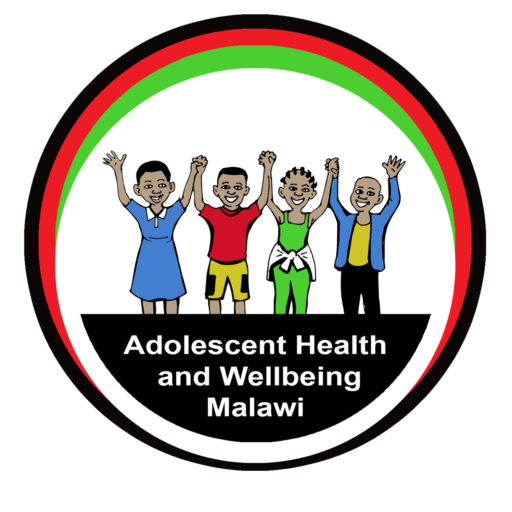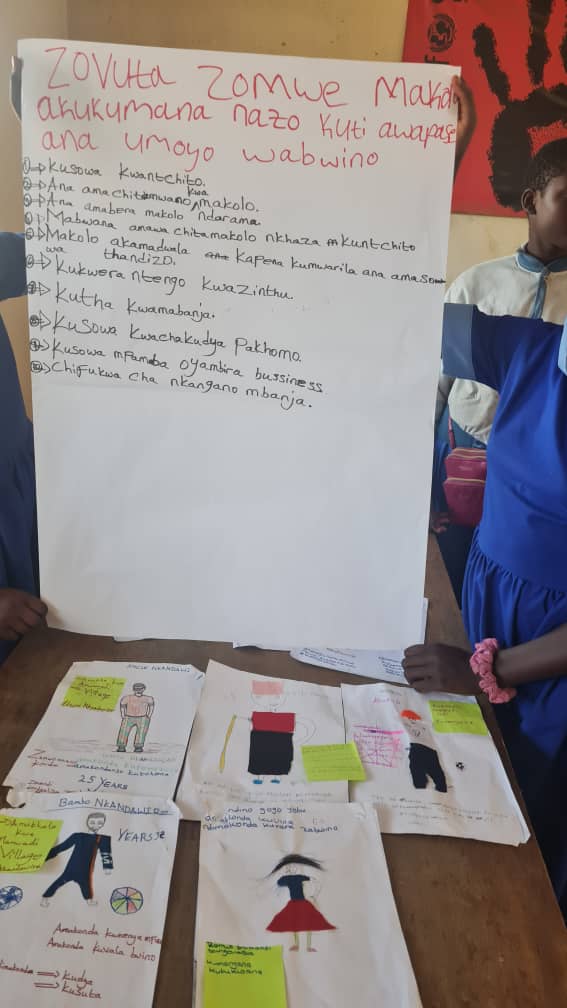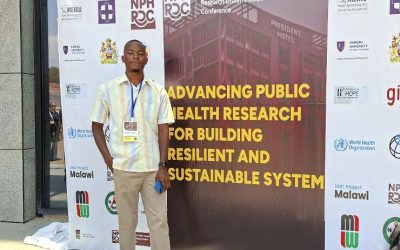As the world commemorates World Mental Health Day, the Global Health Research Group, through Work Strand 6 (Exploring young people’s wellbeing) in Blantyre, Malawi, recognised the power of using a creative and interactive storytelling research methodology in nurturing children’s joy, resilience, and sense of belonging. Young people, especially those navigating the challenges of early adolescence, can engage and be given a safe space where their emotions, hopes, and struggles can be expressed freely. More importantly, how they address challenges, such as social and emotional issues affecting wellbeing can be explored fully.
Although young people are affected by emotional challenges such as bullying, neglect, and the pressure to succeed at school, engaging them in a creative structured storytelling workshop reminds us that wellbeing also thrives in moments of joy, inclusion, and peer support.
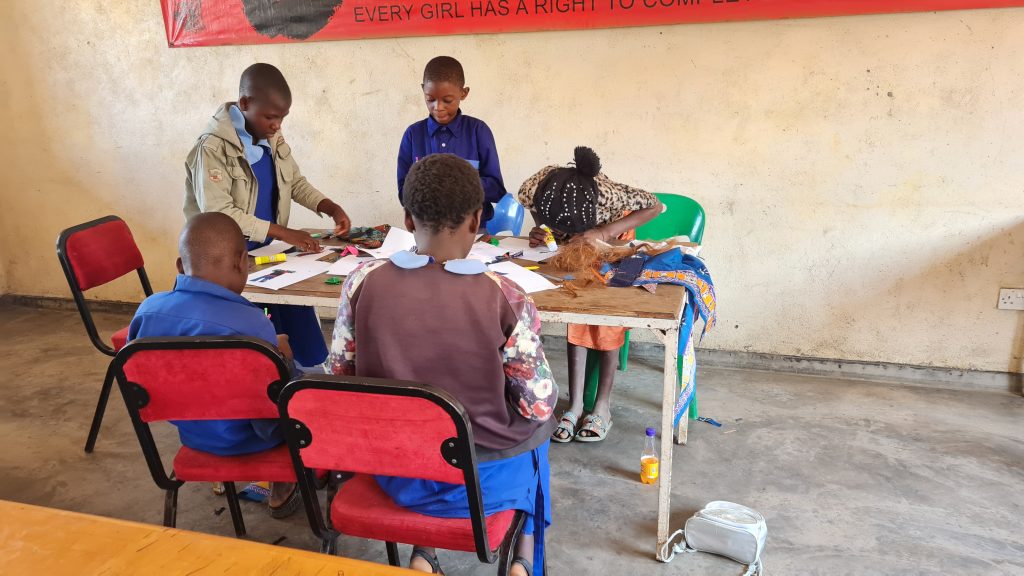
In this research workshop using the Scottish Storyline methodology young people were able to explore their wellbeing using imaginary characters and express their ideas through drawings, role-playing, poems, or drama – they build connections with one another, celebrate their creativity, and develop the courage to voice their lived realities.
The Storytelling process created a protective environment. In spaces free from name-calling, ridicule, or exclusion, children experience the warmth of friendship and the safety of being heard. These are vital ingredients for mental wellbeing, as they reinforce children’s confidence, sense of agency, and resilience. This brings hope to young people, with assurance that their voices matter.
Commemorating mental wellbeing with children, therefore, should not only be about raising awareness of their struggles and challenges, it should also celebrate the joy of expression, the role of play and fun in creating positive emotional wellbeing. Creative storytelling empowers young people to understand themselves, support their peers, and advocate for safer, more caring environments at home, in school, and in the communities they live in.
Inclusion of young people in celebrating Mental Health Day should involve creating and building more joyful, interactive spaces where children can dream, share, and play, knowing that their mental wellbeing is recognised, protected, and celebrated.
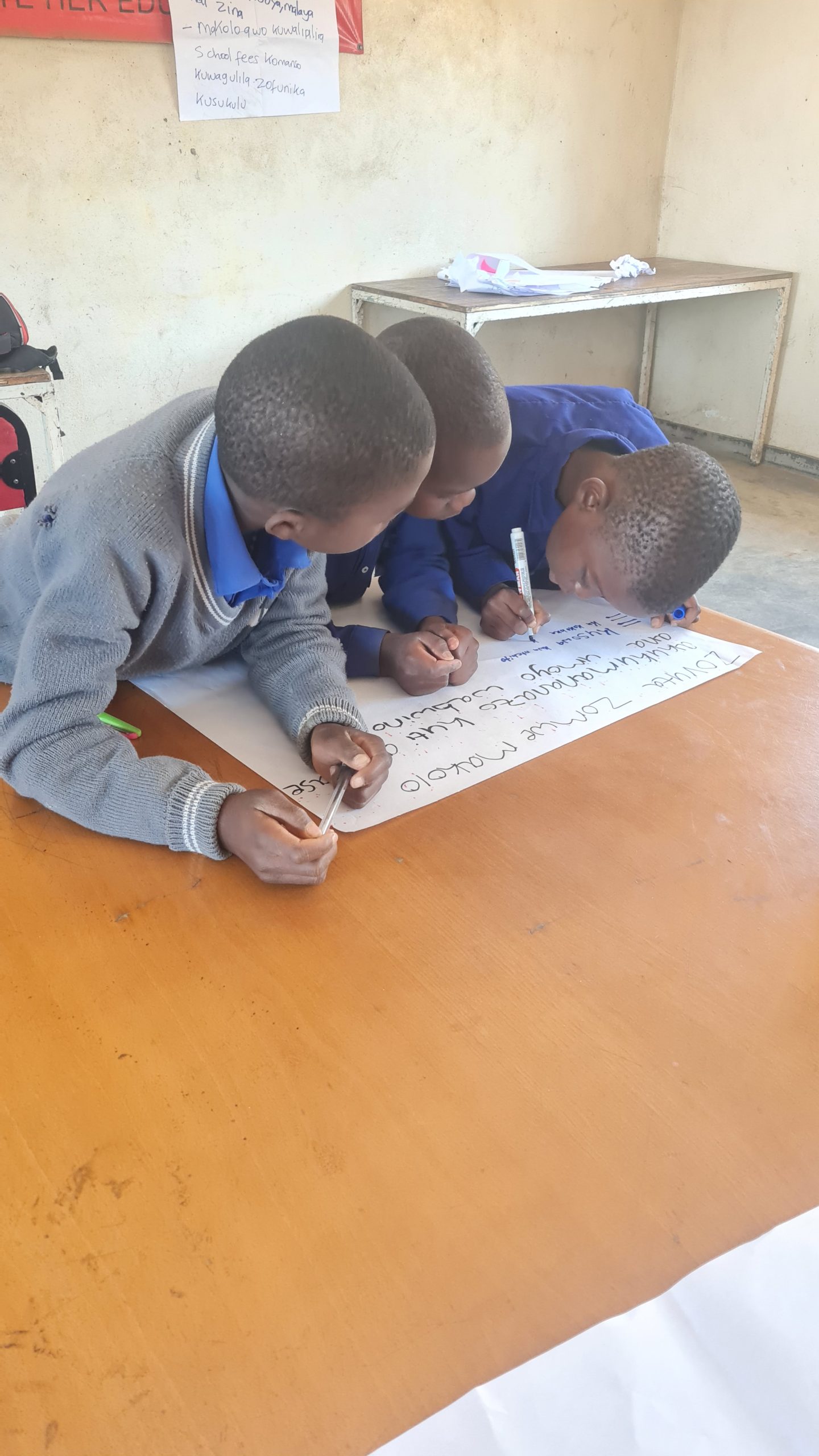
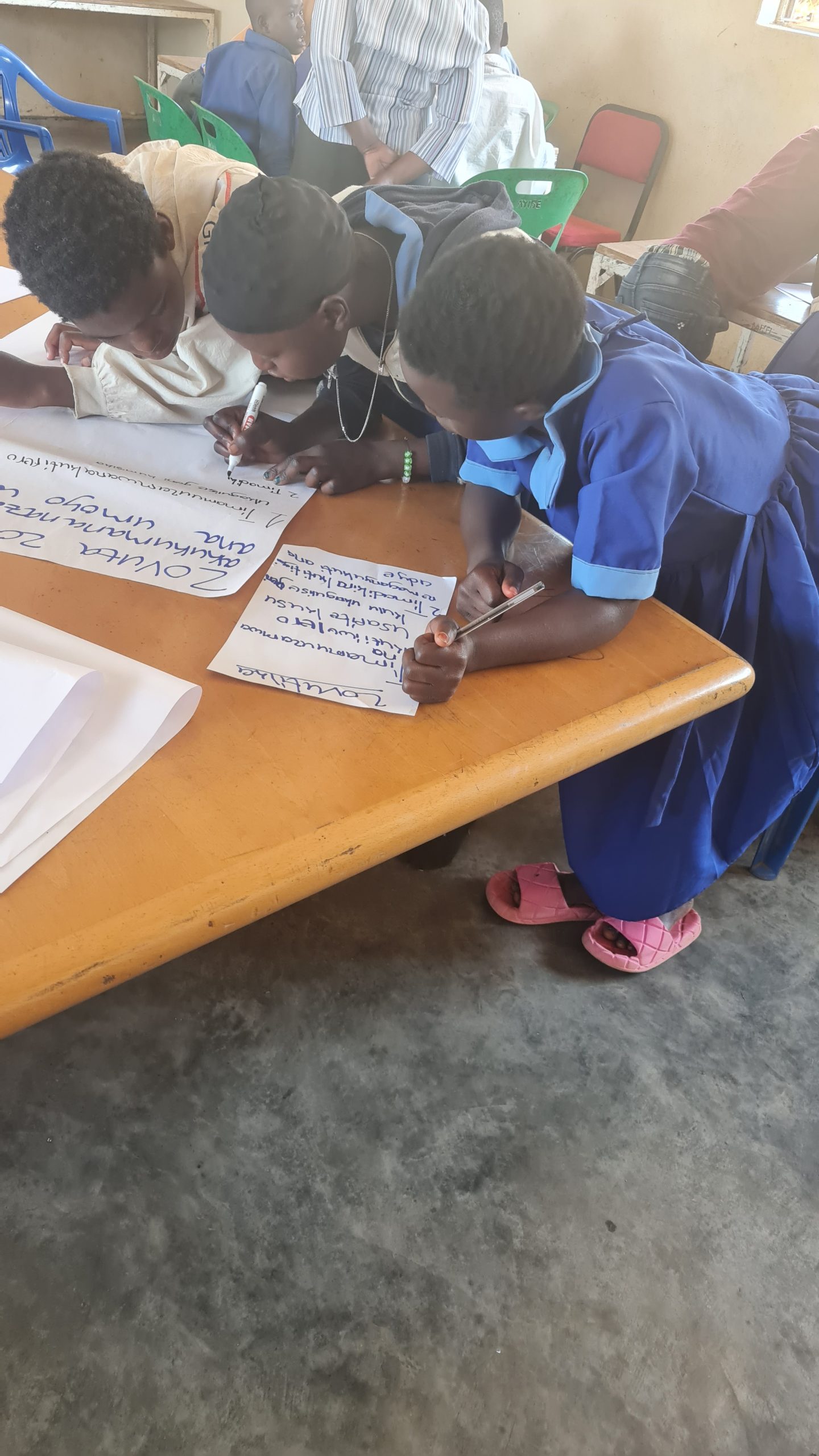
By Velia Manyonya (PhD Student) and Monica Porciani~ University of Strathclyde
